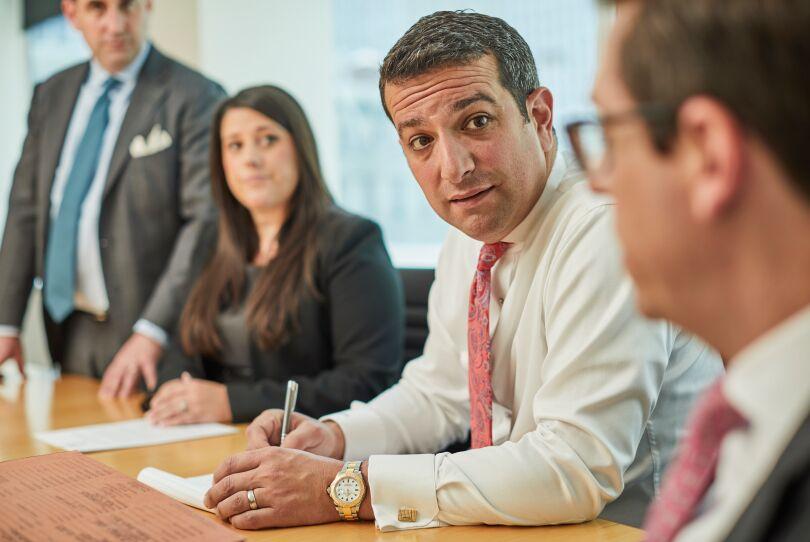Personal Injury Law
Why Evidence Matters in Personal Injury Claims

If you are injured in an accident, whether a car crash, slip-and-fall injury, or workplace accident, a personal injury claim can allow you to recover costs for medical expenses, lost income, and emotional distress. Even if the accident was not your Fault, your case won’t succeed based on your testimony alone. What actually determines the case is evidence.
Evidence is what validates your description of what occurred, which shows the nature of your injuries and verifies that someone else’s Fault caused your pain. Without evidence, the strongest-sounding grievance can come tumbling down. However, choosing the best personal injury lawyer for your case is crucial. They can gather, preserve, and gather evidence to support your case and achieve the maximum benefit for you.
Let’s take a look at why evidence matters so much and what types of evidence have the greatest influence.
1. Proves That the Injury Happened
The initial thing you need to prove in any case is that the injury actually occurred and that it was directly caused by the incident or accident you are suing for. Medical reports, doctors’ statements, and photos of your injuries all help prove this fact.
Without them, it will be difficult to show that you were injured, as you claim. It also gives room for the opposing side to doubt that your injury is legitimate or if it is a result of something else. Precise documentation plugs that hole and renders your narrative believable from the beginning.
2. Facilitates Your Request for Compensation
In order to be paid in a personal injury lawsuit, you will have to prove the scope of your losses. This includes medical bills, lost wages, transportation to and from doctor’s visits, and even future medical bills if the injury has lasting effects.
If you’ve had surgery or physical therapy, for example, showing receipts and treatment plans helps justify the figure that you’re claiming. Courts and insurance companies prefer evidence rather than rough estimates, so having solid evidence makes you less likely to leave with less than you deserve.
3. Establishes Fault
Another critical element of a personal injury claim is showing who caused the accident. Evidence plays a huge role in establishing liability. This might include surveillance footage from the scene, photos of hazards (like a wet floor with no warning sign), or eyewitness accounts.
If you can clearly show that another person or business acted negligently, whether it’s a distracted driver or a store that failed to clean up a spill- this will strengthen your case. Without this kind of proof, the other party may deny responsibility, and it becomes harder to hold them accountable.
4. Strengthens Credibility
When your evidence is consistent, detailed, and professionally documented, it builds your credibility in the eyes of everyone involved: insurance adjusters, judges, and even a jury if your case goes to trial.
For instance, if you visit a doctor right after your injury, and the report matches what you later claim in your lawsuit, it shows that your story hasn’t changed. On the other hand, if there’s a long delay before you seek medical help or if your details keep shifting, it can cast doubt on your entire claim. Solid evidence makes your account more believable and trustworthy.
5. Prepares You for Trial
While many personal injury cases are settled out of court, there’s always a chance your case could go to trial. If that happens, your evidence becomes your strongest weapon. At trial, both sides will present their version of events, and the side with better documentation usually has the upper hand.
Having organized medical records, expert opinions, photos, and witness statements can help your lawyer build a clear and convincing argument. It also allows you to respond confidently to the defense’s challenges. Without that preparation, you might be caught off guard or unable to defend your claims.
Conclusion
In a personal injury claim, evidence isn’t just helpful—it’s essential. From proving your injury and losses to establishing Fault and credibility, strong documentation can make or break your case.
The more thorough and well-organized your evidence, the greater your chances of securing fair compensation. With the right personal injury lawyer by your side, you can ensure that no crucial detail is overlooked and that your case is built on a solid foundation.














